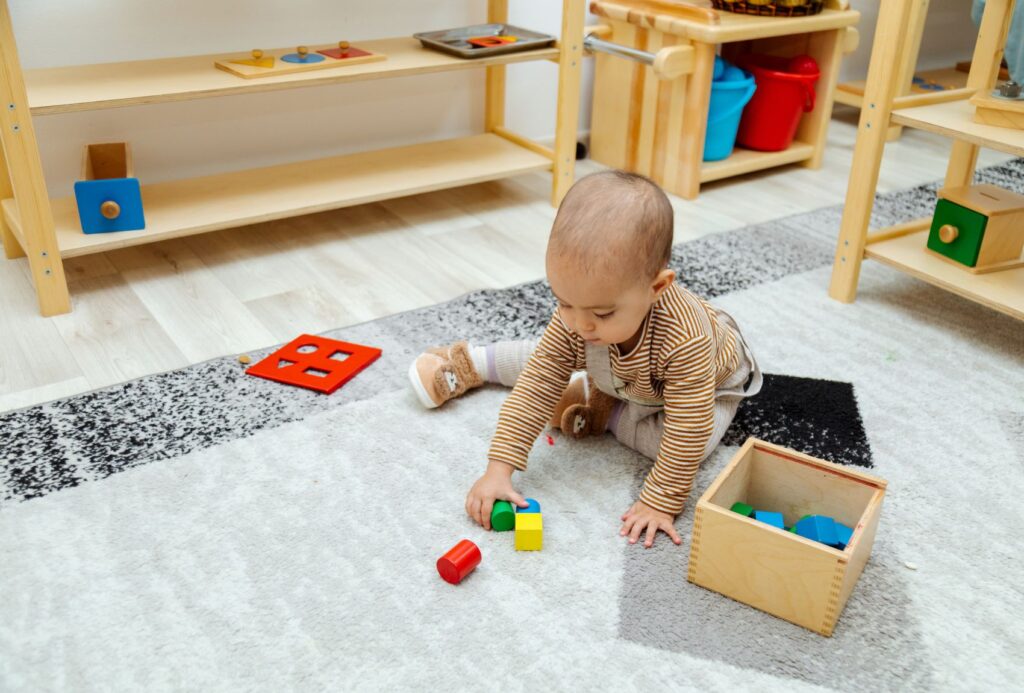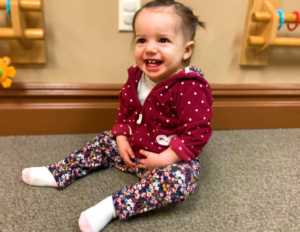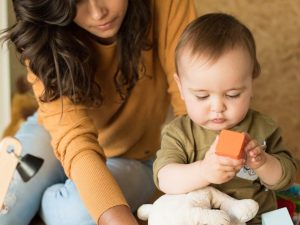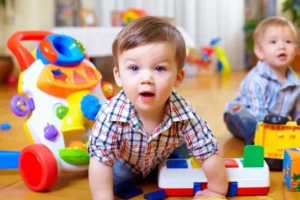5 Common Causes Of Potty Training Regression
If you’ve joyfully celebrated your little one’s potty training success, only to find yourselves facing unexpected setbacks, you’re certainly not alone. Potty training regression, where a child who was reliably using the toilet starts having accidents again, can feel frustrating and disheartening for parents. Understanding the common culprits behind this regression is the first step toward helping your child get back on track.
It’s helpful to remember that potty training isn’t always a linear journey. Ups and downs can occur, and often these regressions are linked to specific changes or developmental stages in a child’s life. Identifying the underlying cause allows for a more targeted and supportive approach to address the issue.
Let’s explore some typical reasons potty training progress might take a temporary detour.
Stress or Anxiety
Significant changes or stressful events can often trigger potty training regression. Children, even young ones, are sensitive to disruptions in their routines and emotional well-being.
Consider these potential stressors:
- The arrival of a new sibling can shift the family dynamic and create feelings of insecurity.
- Moving to a new home introduces unfamiliar surroundings and routines.
- Starting a new daycare or preschool can be overwhelming for some children.
- Changes in the primary caregiver or significant conflicts at home can also contribute to anxiety.
These stressful situations can manifest physically, sometimes leading to a loss of previously established potty training habits. Providing extra comfort, reassurance, and maintaining a consistent routine can help your child feel more secure during these times.
At Monarch Montessori School, we offer an individualized, home-like environment and curriculum tailored to your child, including potty training services and support. If you are seeing stressors or changes in your child’s potty training, we are here to support you and your child.
Contact us today at 973-928-3605 about our programs.
Illness or Physical Discomfort
A child’s physical health can directly impact their ability to maintain bladder and bowel control. Certain illnesses can lead to temporary setbacks in potty training.
Keep an eye out for these possibilities:
- Urinary tract infections (UTIs) can cause increased frequency and urgency of urination, making it difficult for a child to make it to the toilet in time.
- Constipation can lead to accidents as impacted stool presses on the bladder.
- Any illness accompanied by diarrhea can make it challenging for a child to control bowel movements.
If you suspect a medical issue, consulting your pediatrician is essential. Addressing the underlying physical discomfort will likely resolve the potty training regression.
Developmental Leaps
While it might seem counterintuitive, periods of rapid development can sometimes lead to temporary regressions in other areas. When a child is focused on mastering a new skill, such as walking, talking in longer sentences, or navigating complex toys, potty training might temporarily take a backseat.
These developmental leaps require a lot of a child’s energy and attention. It’s not that they’ve forgotten their potty training, but rather their focus is temporarily elsewhere. Patience and gentle reminders during these phases are usually all that’s needed to get back on track once the developmental push has subsided.
At Monarch Montessori School, we believe children develop at their own pace. We offer activities which stimulate curiosity, allowing children to explore form, shape, movement, and sound regardless of whether they are toddlers or elementary age.
Schedule a tour of our facilities to see how we can support your child with potty training.
Lack of Routine or Consistency
Consistency is a cornerstone of successful potty training. When routines become disrupted or inconsistent, it can confuse a child and lead to accidents.
Consider these aspects of routine:
- Irregular toilet breaks can make it difficult for a child to anticipate their body’s signals.
- Inconsistent responses to accidents can send mixed messages and hinder progress.
- Changes in daily schedules, such as during travel or holidays, can throw off established potty habits.
Maintaining a predictable schedule with regular opportunities to use the toilet, along with a consistent and calm response to accidents, reinforces positive potty training habits.
Seeking Attention or Power Struggles
Sometimes, potty training regression can be unintentionally linked to a child’s desire for attention or a display of independence.
This might manifest in the following ways:
- Accidents may occur after a period of feeling ignored or when a child wants a parent’s focused attention.
- Refusal to use the toilet can become a way for a child to assert control.
In these situations, it’s helpful to ensure your child is receiving plenty of positive attention for their successes and to avoid getting into power struggles over toilet time. Remaining calm and consistent, while offering praise for successes, can help shift this dynamic.
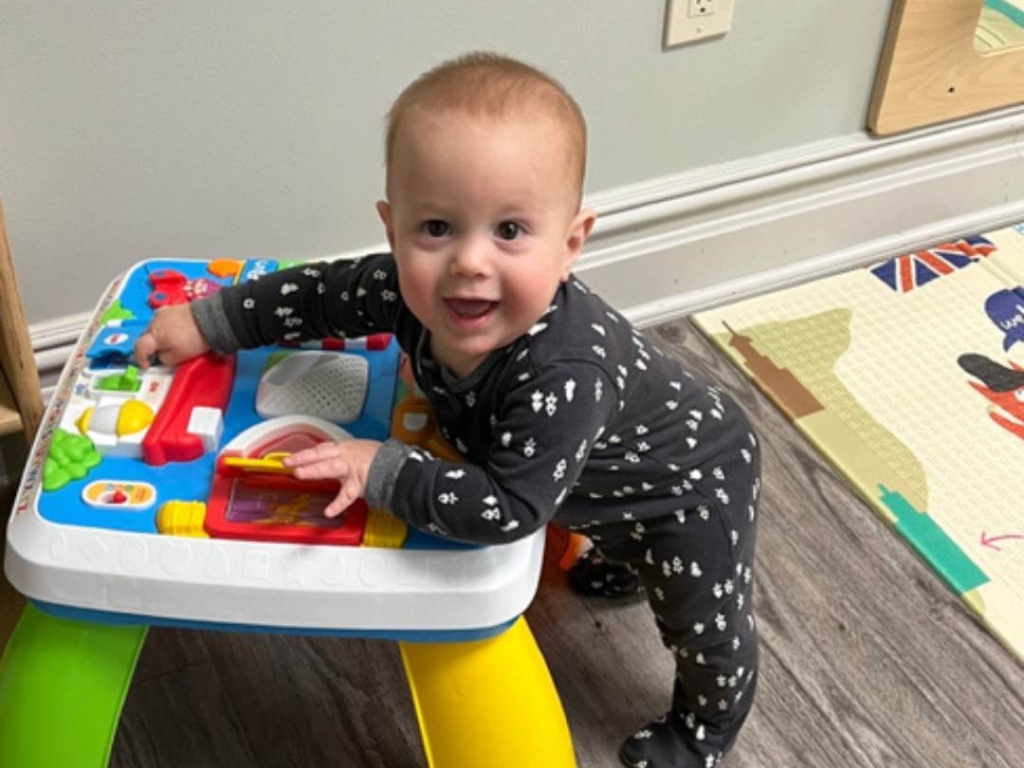
5 Common Causes Of Potty Training Regression
Understanding the potential reasons behind potty training regression empowers parents to respond with empathy and effective strategies. Whether it’s due to stress, illness, developmental changes, inconsistent routines, or a desire for attention, identifying the root cause is key. Remember that setbacks are a normal part of the learning process. With patience, understanding, and a consistent approach, your child can successfully get back on the path to potty training independence.
Let Monarch Montessori School help you and your child with routine and potty training services. Come check out our school at 2 Newark Pompton Turnpike, Little Falls, NJ 07424.

